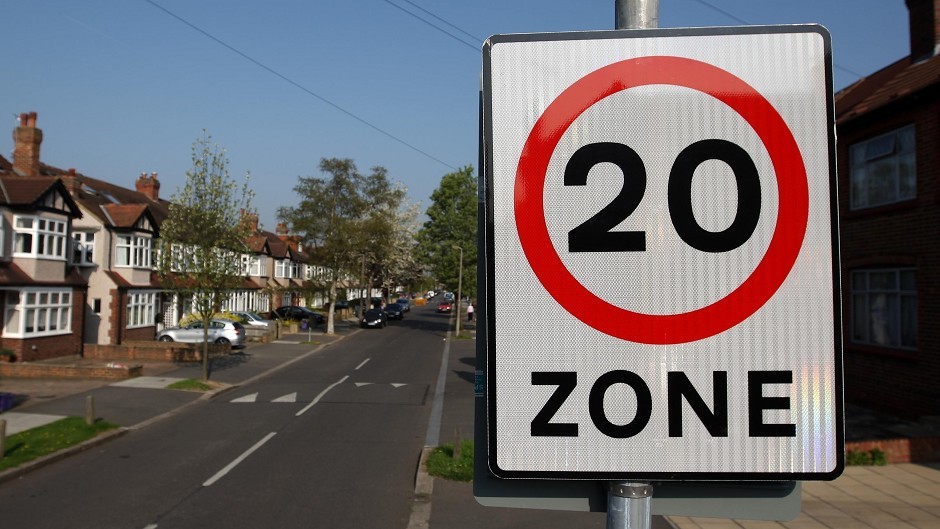A north politician and road safety campaigner has warned against imposing a blanket 20mph speed limit in Inverness.
Cyclists have just launched a major campaign to make the speed limit 20mph on most residential roads in the city.
But MSP David Stewart argues that the focus should be on ensuring drivers are driving to road conditions rather than concentrating on their speedometers.
He also claims that money for the scheme could be better spent on public education about road safety.
The Highland Cycle Campaign launched 20’s Plenty for Inverness in a bid to improve safety and encourage more people to walk or cycle.
A default 20mph residential limit is called for but a 30mph maximum will be kept for some arterial street.
Mr Stewart said: “It is the responsibility of drivers to pay attention, take due care over other road users and adjust speed to the conditions prevailing at the time whilst driving, that really matters. You drive the vehicle according to those conditions, the surrounding environment and any apparent hazard present. You do not drive just to a regulated and enforced speed limit.
“Perhaps instead of spending vast sums of money on creating blanket 20mph zones and trying to enforce them, we should instead be spending that money on education and enlightenment. Surely educating the public on road safety, particularly in the use of designated crossing places, would prevent them being involved in collisions in the first place.
“I firmly believe that a culture of mutual respect and consideration is the way forward, not always imposing slow speed zones.
“As far as I am concerned, 20mph speed limits should only be adopted after careful research and then they should be targeted and tailored to where they are justified.”
Ged Church, chairman of the Highland Cycle Campaign, said: “His comments are not unreasonable. But from the experience of towns that have done it, there have been benefits for pedestrians, cyclists, older people and even the motorists have found little disadvantage.
“It is really about the wider benefit and the perception of greater safety that it gives. No matter how well you educate the public there are people who will break the speed limit whatever it is and if it’s a lower speed limit they might not break it so much.
“Is it really that costly? Engineering the extra 20mph signage used during school time is expensive, so if the change in speed limit came about you could just change over the 30mph signs to 20mphs and that’s all that would be required.”
